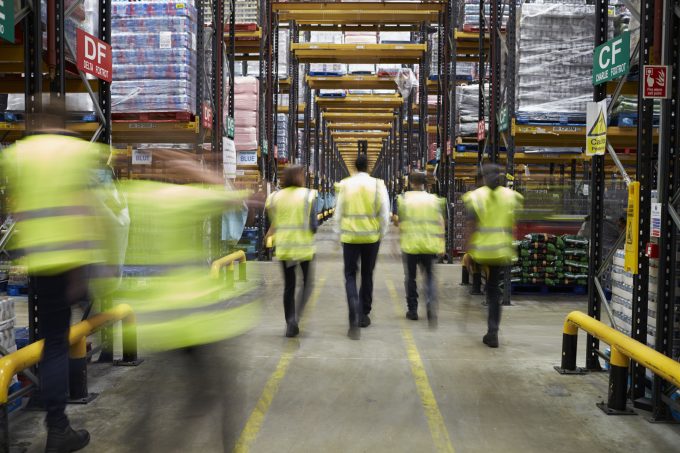Loadstar Podcast | July 2024 | Politics shaping global supply chains as the UK votes
In this episode of The Loadstar Podcast, we explore the complex interplay between politics and ...
TFII: SOLID AS USUALMAERSK: WEAKENINGF: FALLING OFF A CLIFFAAPL: 'BOTTLENECK IN MAINLAND CHINA'AAPL: CHINA TRENDSDHL: GROWTH CAPEXR: ANOTHER SOLID DELIVERYMFT: HERE COMES THE FALLDSV: LOOK AT SCHENKER PERFORMANCEUPS: A WAVE OF DOWNGRADES DSV: BARGAIN BINKNX: EARNINGS OUTODFL: RISING AND FALLING AND THEN RISING
TFII: SOLID AS USUALMAERSK: WEAKENINGF: FALLING OFF A CLIFFAAPL: 'BOTTLENECK IN MAINLAND CHINA'AAPL: CHINA TRENDSDHL: GROWTH CAPEXR: ANOTHER SOLID DELIVERYMFT: HERE COMES THE FALLDSV: LOOK AT SCHENKER PERFORMANCEUPS: A WAVE OF DOWNGRADES DSV: BARGAIN BINKNX: EARNINGS OUTODFL: RISING AND FALLING AND THEN RISING

UK logistics representatives have renewed calls on the government to step in with financial assistance to the sector, warning that scores of businesses are on the verge of bankruptcy.
Freight Transport Association (FTA) chief executive David Wells today lambasted banks for either stalling or ignoring businesses that have applied for the Coronavirus Business Interruption Loan Scheme (CBILS), for which UK chancellor Rishi Sunak earmarked £330bn to be administered by banks to help businesses survive the pandemic.
“It seems banks are simply not listening to the chancellor and are failing to process applications for financial support from stricken businesses quickly enough,” said Mr Wells.
“Our concern, and that of our members, is that banks are getting in the way of the application process for CBILS, either because they still want to offer loans on their own commercial terms, or because their own processes are taking up too much time.”
According to an FTA poll of supply chain businesses, nearly 25% of logistics companies face insolvency in the next eight weeks, while 80% need better access to CBILS to survive.
“These figures are very concerning,” said Mr Wells. “Businesses across our sector have seen a major decline in revenue, for some up to 100%, and these organisations have only survived thus far by deferring payments for VAT, PAYE, NI and asset leases.
“To date, I have not heard of a single business across logistics and supply chains that has been granted a CBILS loan. Time is fast running out for the industry charged with keeping Britain trading.
“The chancellor needs to take an urgent look at the processes in place and identify the roadblocks preventing vital funding reaching those most in need of CBILS support,” he said.
And Peter Ward, chief executive of the UK Warehouse Association (UKWA), yesterday urged Mr Sunak to consider pushing through a six-month business rates “holiday” for warehouse operators, especially those which serve non-essential sectors such as clothing and non-FMCG goods and are still receiving products as imports continue to arrive at ports.
“They remain operational, trying to find additional storage space, unable to furlough staff and face a massive drop in income,” he said. “It is important the government understands that warehouses thrive on churn, namely handling, packaging and distributing orders, rather than on storage alone.
“Indeed, a survey of 100 of our members last week revealed that, for 70% of respondents, storage charges represented less than 50% of income. This means holding goods for customers, rather than receiving, handling and then distributing, has hit profitability hard.”
Although business rates are levied by local authorities, Mr Ward claimed a government commitment to support warehouses with a six month holiday – “ideally back-dated to March, would help immensely, reducing overheads during a period when income is severely reduced and customers are slow, or unable, to pay their bills”.
Comment on this article